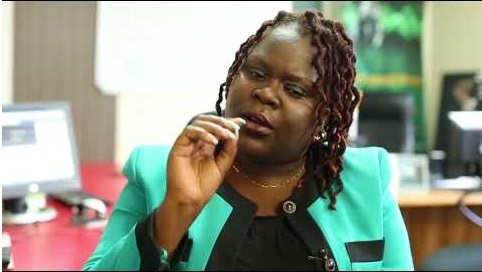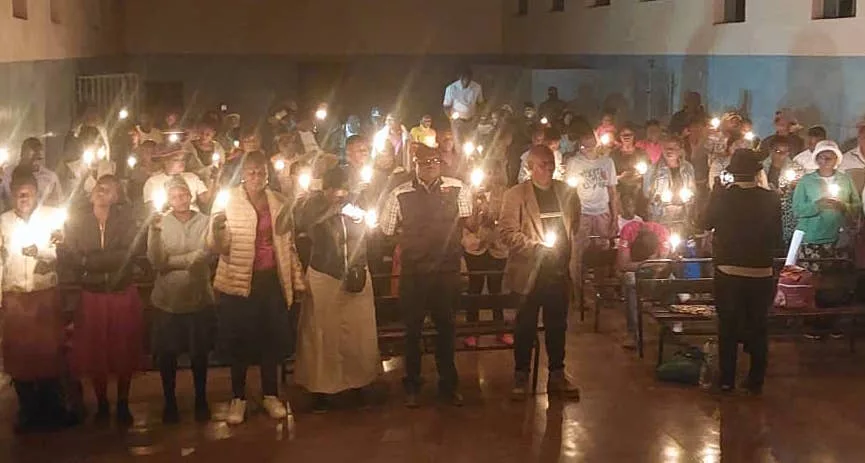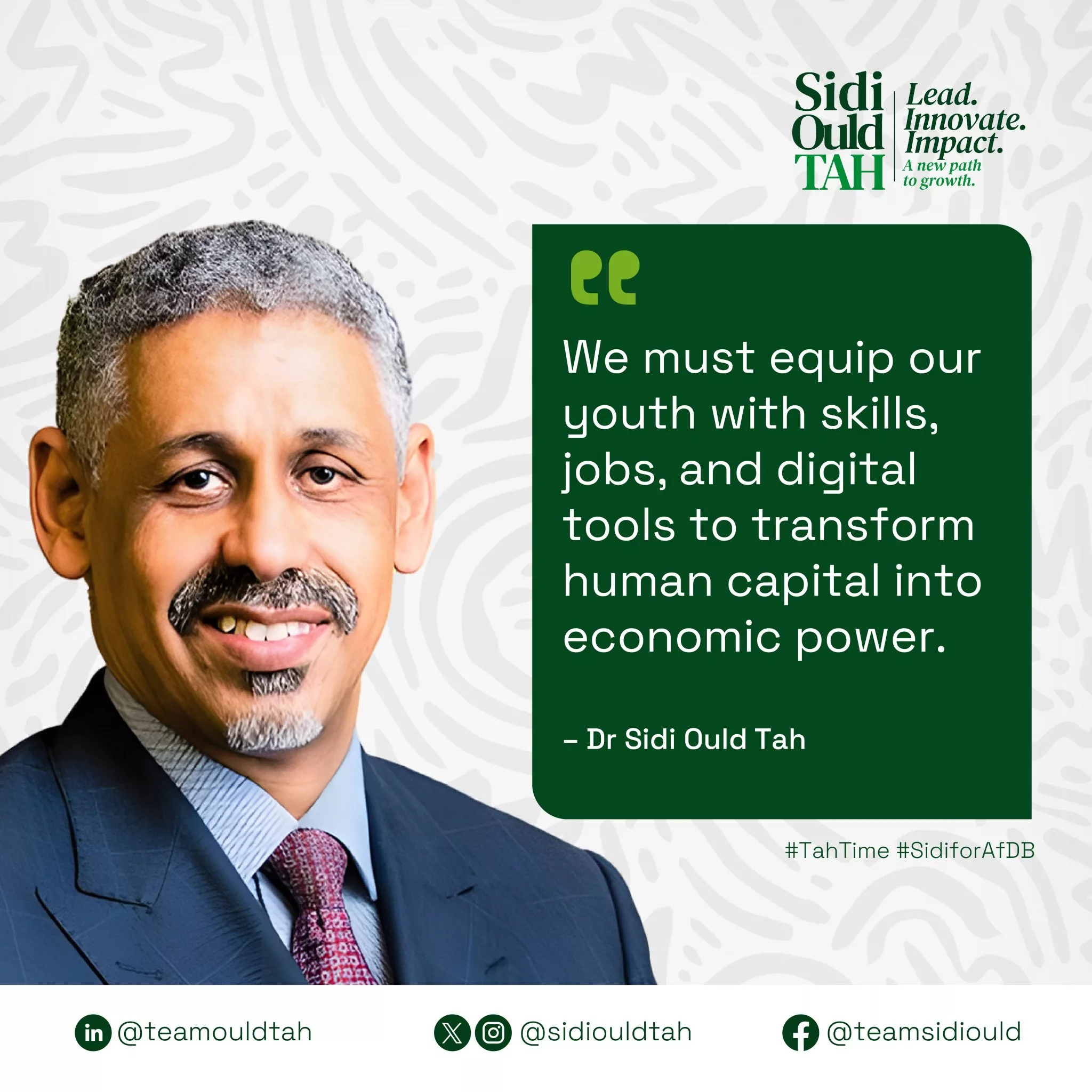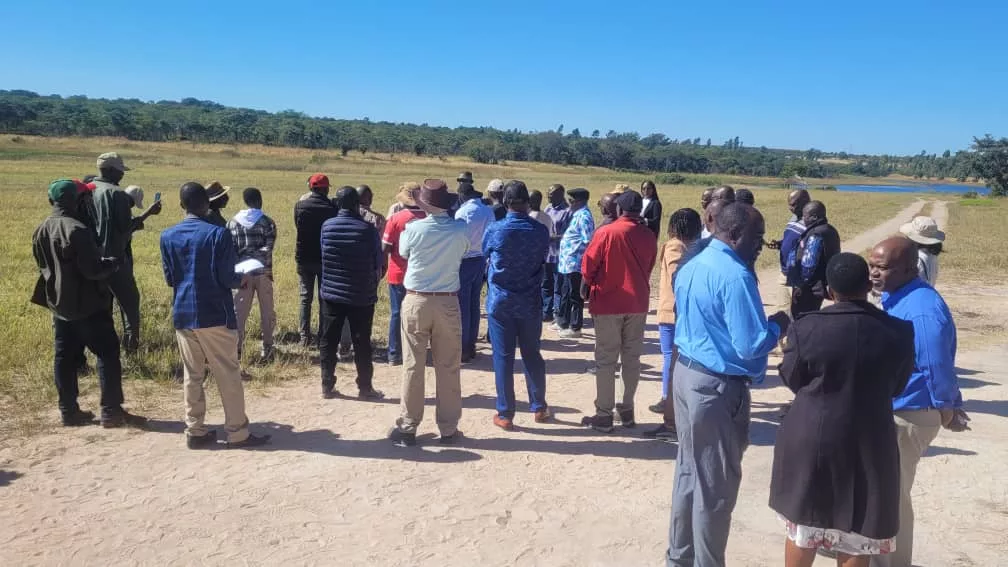By Joyce Mukucha
The Labour Economists and Afrikan Democrats (LEAD) president, Linda Masarira has urged members of different communities to desist from laying the blame on children and youngsters but instead encouraged them to join hands in the fight against the vice.
This comes after Masarira was asked about how she has managed her own child who had a drug addiction.
The politician said addictions are not problems that young people can handle on their own without the help of others, especially the community at large.
In an interview, Masarira said, “There is no parent – whether mother or father who wants to give birth to a thief, who wants to conceive a murderer or a drug addict
“As long as we still have people playing a blame game with issues to do with addiction we are not going anywhere.”
“We should know that for us to be able to fight this evil in our society, we should work together. It is easier to point a finger or to blame a parent for a child who is suffering from drug addiction but we should also understand that our children succumb to peer pressure at the schools that we send them to and sometimes we get to know about it too late. As parents, we try and assist them but we can only do so much o0n our own.”
With a heavy heart, Masarira explained how best she is trying to help her son to quit drugs. She also explained that there is no place that is suitable for drug abuse to happen as she indicated that worldwide, most parents were facing difficult times with children addicted to drugs.
“I’m not the only parent in the world who has got a child struggling with drug addiction. That is why I’m passionate about this issue.
“My son is now an adult and I have tried my best. I have taken him to the most expensive and the best rehabilitation centres here in Zimbabwe and South Africa. He would get better and relapse. It is a heartbreaking story.
“I know of even of other affluent families who have had even their own children committing suicide because of drug abuse. The problem of drug addiction is not only in the ghetto. It is also in Borrowdale, Glen Lorne, and other affluent suburbs. It is there in South Africa, the UK, the United of America, and everywhere.
“So it is a bit immature to try and use my son’s situation against me because that is the vice that I fight every day of my life. I report every drug trader that I see or that I hear of because those people are killing our children. It is unfortunate that you would want to point fingers that I failed to fix my son. I didn’t fail to fix him because at least I love him and I still try my best to ensure that he stops taking drugs,” she said.
Masarira also bemoaned the fact that people were failing to monitor the environment they are living in where the lives of children are put in danger every day.
“It is unfortunate that we don’t look around in the communities that we live that nearly 60 percent of young people in Zimbabwe and wherever you are taking Bronco, Mutoriro or whatever and its a sad scenario that people don’t want to pay attention to, we are fast losing a generation and those children need help and the help that they need comes from everyone in the community.”
To drug sellers, Masarira reiterated that they don’t deserve to live for they are heartless and don’t hesitate to destroy the lives and future of children.
“But, if you are peddling drugs, I have said this before and I will say it again, you deserve to die you don’t deserve to live because you are killing other people’s children and it is not fair.”
She emphasised that the vice can be eradicated and stressed the need for people in the society to commit and dedicate themselves to helping these children.
“This is the fight that we have to stand up and fight together united in our diversity as Zimbabweans.
“Its not an issue that we should laugh each other or point fingers because there is no parent who would want his or her child to be involved in such activities. Again bear it in mind that it might not happen to you today but in the future you might also experience it.”
Community members she highlighted, can make a huge difference in the life of children struggling with addiction. With just a little time and generosity, one person could make healing easier. Masarira explained that without this kind of hands-on help, children with addictions might simply never get better.
Wilson Box, the Director of the Zimbabwe Civil Liberties and Drugs Network (ZCLDN) said central to drug policy reform in Zimbabwe is the adoption of a drugs master plan, a national framework that stipulates which bodies should be responsible for dealing with illicit drug use in order to address both drug supply and reduce demand.
“The aim of the master plan is to provide a multipronged approach by involving numerous government ministries so that issues of treatment and rehabilitation are addressed alongside security and law.
“A drugs master plan takes a holistic approach,” explains Wilson. “Its focus is inter-ministerial – involving, not just security, prison and law enforcement but health, education and social welfare, for instance – and it should also include civil society.”






